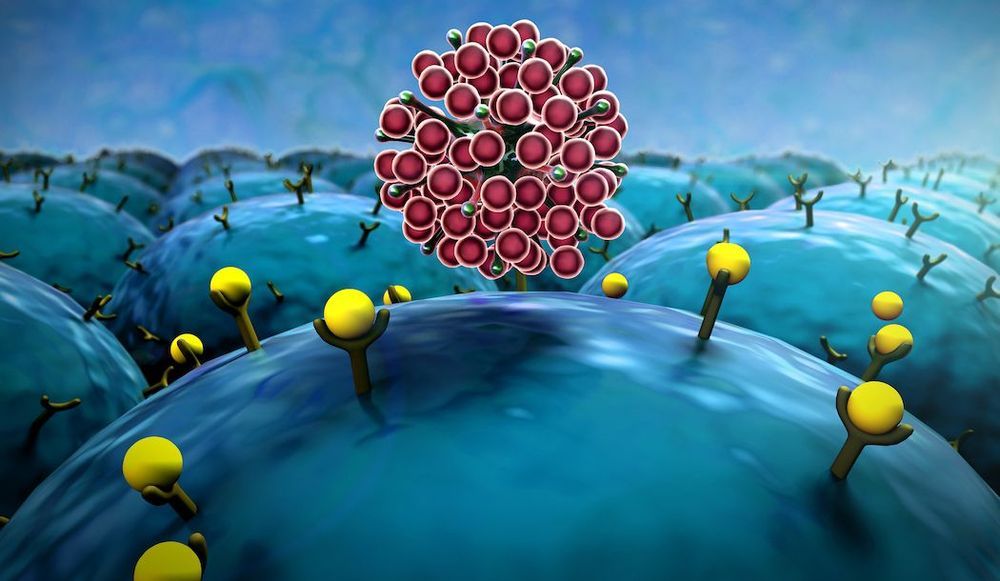Never stress about the weather, this jacket has you covered.


Never stress about the weather, this jacket has you covered.

Every time you inhale through your nose, olfactory receptors in your nasal passages enable your sense of smell to function. These receptors consist of protein complexes that help you detect chemicals floating in the air.
But research now shows that those types of receptors aren’t only found along your breathing passages. They’re all over the body in a wide variety of organs, and they influence what organs like your liver and intestines are doing.
Added to that, cancer cells possess their own collection of olfactory receptors that affect how they function. And those receptors, some researchers believe, might represent one of cancer’s vulnerabilities – and a key to destroying cancers with scents.

Fifty young scientists were bestowed Xplorer Prize in Beijing Saturday.
Apart from receiving a trophy at Saturday’s ceremony, each of the 50 prize winners will be awarded a total of 3 million yuan (about 426,000 U.S. dollars) over the next five years by the Tencent Foundation, according to the prize’s sponsor and initiators.



Enjoy features only possible in digital – start reading right away, carry your library with you, adjust the font, create shareable notes and highlights, and more.
Discover additional details about the events, people, and places in your book, with Wikipedia integration.
Ask Alexa to read your book with Audible integration or text-to-speech.


Prime numbers are one of the most basic topics of study in the branch of mathematics called number theory.
Primes are numbers that can only be evenly divided by themselves and 1. For example, 7 is a prime number since I’m left with a remainder or a fractional component if I divide 7 by anything other than itself or 1. 6 is not a prime because I can divide 6 by 2 and get 3.

